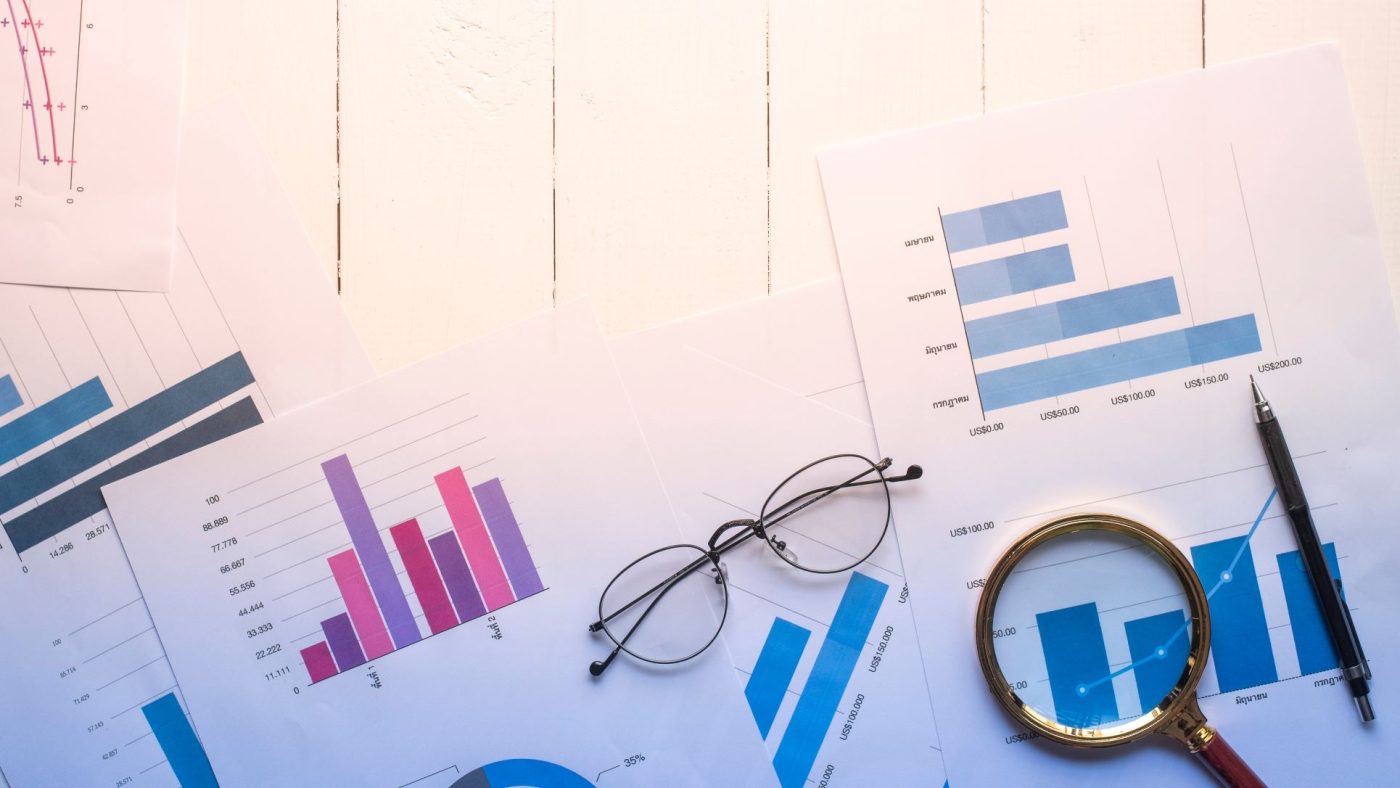Skills Required to Become a Data Analyst
What are the skills required to become a data analyst? What tools do data analysts use? What are their job duties? If you are interested in becoming a data analyst, read on! You will discover how to become a data analyst with the help of this information! Listed below are the skills required to become a data analyst. Once you have these skills, you can apply to become a data analyst. There are a number of job roles available in the field, but here are the most common.
Skills required to become a data analyst
To become a Data Scrubbing Tool analyst, you need to develop a diverse set of skills, including writing complex SQL scripts and analyzing vast amounts of data. In addition to being able to write complex SQL queries, you must also have experience using storytelling and visualisation techniques to share your findings with other people. To make the transition into this field easier, consider taking a certification course. It can help you understand every aspect of the role.
One of the most essential skills that a data analyst should possess is good communication and writing skills. As a data analyst, you will have to present your findings to others in business meetings, so you need to have excellent oral and written communication skills. You must also be able to explain complicated data to colleagues who may not be trained in the same field as you. Ultimately, a successful data analyst must have the ability to effectively communicate with people of all backgrounds and levels of experience.

You should be familiar with several programming languages and tech tools, including SQL and R. If you’re unsure of where to begin, a focused data analytics degree program can help you develop your technical skills. For example, Rasmussen University’s Data Analytics Bachelor’s degree is aligned with many of these skills and meets the requirements for the SAS(r) Joint Certificate program. If you want to become a data analyst, this program is for you.
Job duties of a data analyst
A Data Analyst is a highly skilled professional with a bachelor’s degree in mathematics, computer science, or a related field. This professional is responsible for translating business requirements into analytical reports and visualizations, and can perform a wide range of analytical tasks. A successful Data Analyst should have high-level experience in data modeling and reporting methods, as well as a strong understanding of business objectives and data sources. These analysts must be able to analyze large amounts of data and produce reports that are easily understood by business owners.
The job description of a Data Analyst depends on the company or organization. Generally, they collaborate with a variety of stakeholders, including management, data scientists, and IT teams. Their job requires strong analytical skills and the ability to lead, as well as excellent communication skills. They must be able to think like a designer to identify a problem and create creative solutions. Moreover, they must be able to use critical thinking skills throughout their work, since large data sets may uncover unintended correlations and other errors.
A data analyst’s main responsibility is to identify problems that can be solved with data and prepare it for analysis. They collect data from various sources and prepare it for statistical analysis. Then, they analyze the data and communicate the results to business managers and other stakeholders. The data analyst must have strong communication skills, which are necessary to communicate their findings and recommendations. A well-written job description template can help employers find the right candidate for the job.
Tools used by a data analyst
There are many tools used by data analysts. One of the most common and widely used is Microsoft Excel. It is an easy-to-use program that can create charts and graphs, perform complex calculations, and provide a clear interpretation of data. Excel is also available as a free online course for beginners. Once you’ve mastered the basics of Excel, you’ll have no trouble using more advanced programming tools. However, there are some specific skills you need to be a successful data analyst.
Microsoft Power BI is an open-source data-analysis tool that allows you to analyze hundreds of sources and create custom reports and dashboards. Power BI also includes data importers and report generation features, making it extremely useful for data-driven marketers. Other tools used by data analysts include SAP BusinessObjects, a cloud-based data analytics platform that allows users to access and customize data-analytics reports. For novices, BusinessObjects integrates with Microsoft Office products, allowing users to build and deliver self-service predictive analytics.
SAP BusinessObjects is a business intelligence software package that allows data analysts to visualize data and perform complex analysis. Its easy-to-use interface and rich, customizable reports enable users to create interactive dashboards with less work. Another key feature is its ability to work with live data. Its popularity has made it the first choice for many companies. There are several subscription options for the software, and the free version allows users to work on live data.